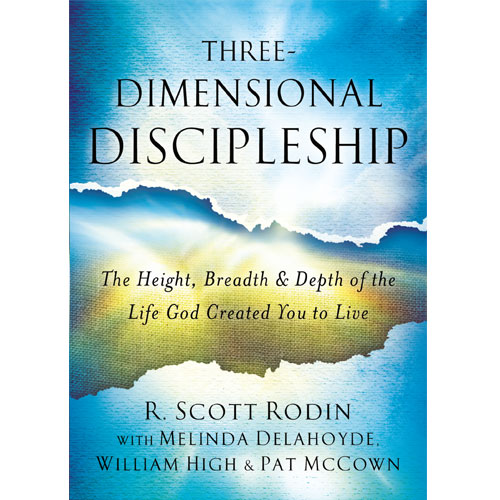Question and Answer with Chinese Steward Leaders
By Kelsey McFaul
An owner leader vs. a steward leader

These interviews were conducted in 2017 in China as part of The Steward’s Journey project to engage the growing community of Chinese Christians with the biblical teaching on stewardship.
Is there a place in your leadership journey where you were more of an owner leader (holding onto control) than a steward leader? What was the experience like?
Erik Chen: In my second year in college, I volunteered part-time at an orphanage in Beijing. There were also some Americans who were volunteering there. It was my first time to go to the orphanage and on that day there were a lot of kids [who] needed to be held. So each volunteer takes one of the kids and is like holding them and talking with them, playing games. At the end of the day, as we were leaving, one of the kids catch my coat and said, “Brother, brother, hug me.” I look down, and he has cleft palate. His lip is split open and his nose is not right. And he just says, “Hug me, brother.” So I just bend down and hold him a little and after a while he is feeling loved, like he is enough and I am enough too.
After that, I changed all my things. Before I went to university, I wanted to be a businessman and have a lot of money. My home of Fujian province is a very rich area so everybody is worth a lot of money. If you have a lot of money, you are successful there. But after volunteering for this organization, I’m not a holder [of money] in my life, I’m just a steward. I changed my path and now I work for an NGO called Children’s Hope Foundation. We save Chinese children from 0 to 14 years old, and we have medical programs, sponsorship, foster care, and [counselling]. I started out as a project manager, then changed to finance, accounting, and now I am the Intermediate Director. To help little kids is in my heart. It’s my mission, my vision in my life.
Claire Cheung: I did this Journey to Freedom training, and I came to know I’m a steward. I’m not an owner; I can’t control anything in this world. That was when I realized I have to give up something…First thing that came to my mind was time because I value time very much. I always did good at time management. But I feel like I always tried to pack up my schedule, you know, fill myself with a fruitful schedule. But now I have to put everything to God. That means He is the one who controls my time. It’s not me, you know, who would enjoy my weekend, even my work…For two years, I came to really prioritize or reschedule my things. Then I thought, “Oh God, actually this is Your time.” So I tried to involve myself, to engage more in different ministries so that I can be more submissive.
I guess that’s also one thing I learned, apart from the time. I have to change my mind to have a mindset that I’m not controlling everything. I used to be like really self-reliant. I know what I can do. But now it’s God. He is the owner. He is the creator. I’m a creation, and I’m the one who needs to listen to God. Really He’s the one who says yes, not me.
Greg DiHeng: For me, it is with others, especially in the church. I have many disagreements with the management, how to run the church, how to manage the finances. That’s why sometimes I’m not really happy to give my financial givings to my church. Maybe I think I can put my money in another way that is best for the Christians, to support other programs, maybe to bring more people to the U.S. to get training and then support them back to China to preach the gospel.
I think maybe a lot of churches have those same problems? In China, those that believe in Buddha don’t have to attend meetings. You just believe in Buddha, just stay at home, and talk to the gods. But for the Christians, we have the church. We have groups; we meet every week. We are normal people; we do not always get along. People who are not Christians see that we hate each other and say, ‘You tell me your God is good, your God is the true God, but look at you.’ I think it’s very hard here in China to bring people to the church and ask them to believe in God when the relationships of Christians to each other are not stewarded well.
Erik Chen lives and works in Beijing, where he is the Intermediate Director of Children’s Hope Foundation, an NGO that provides resources, scholarships, and mental and physical care to orphan children. Originally from Fujian province, he graduated from university in Beijing in 2003 and has previously held roles in project management and finance at Children’s Hope.
Greg DiHeng is a young Christian leader. He attended college in the United States.
Unfortunately we do not have a current bio on Claire Cheung.
**The names of these individuals have been changed for identity protection.





